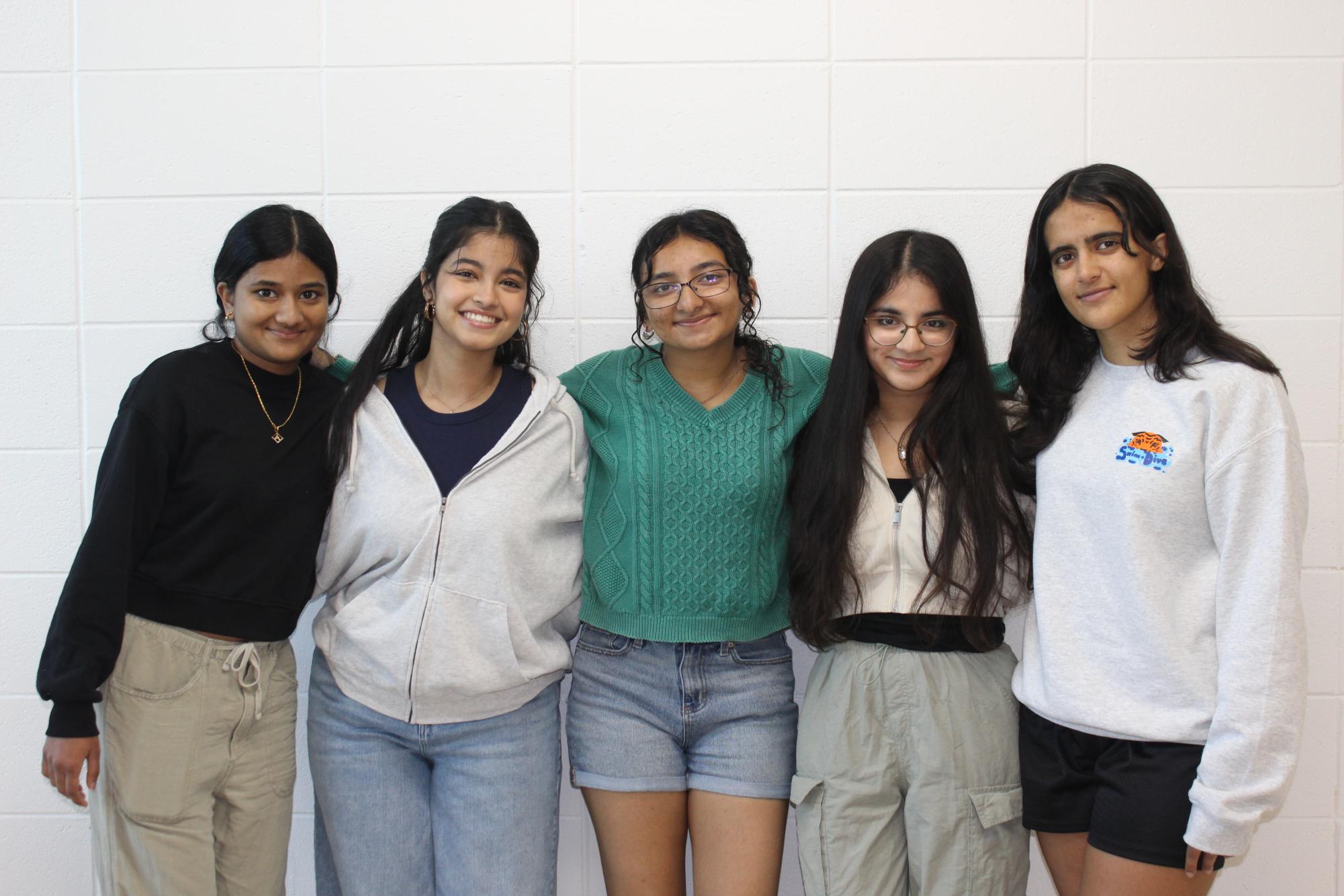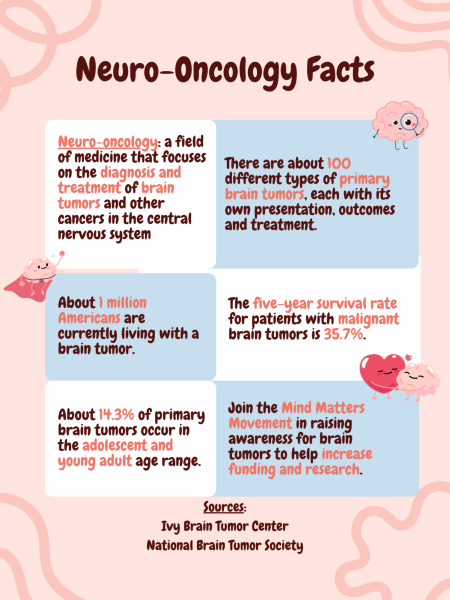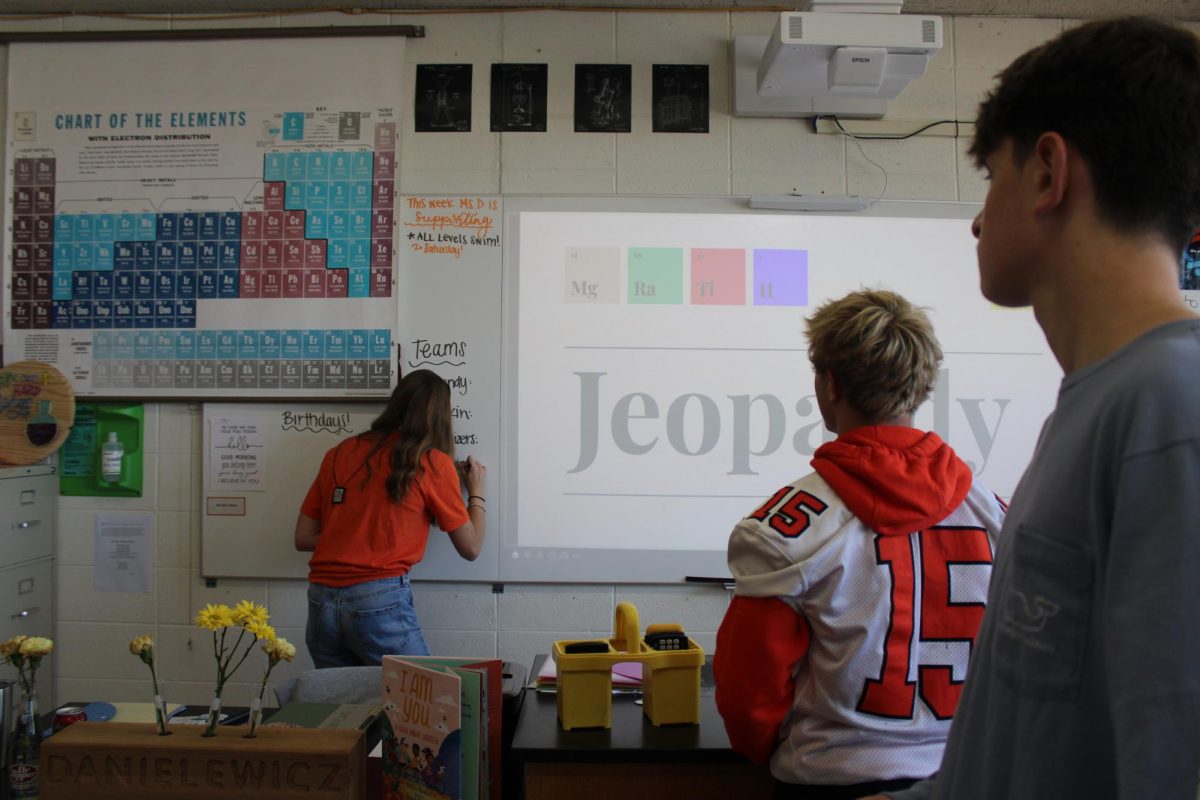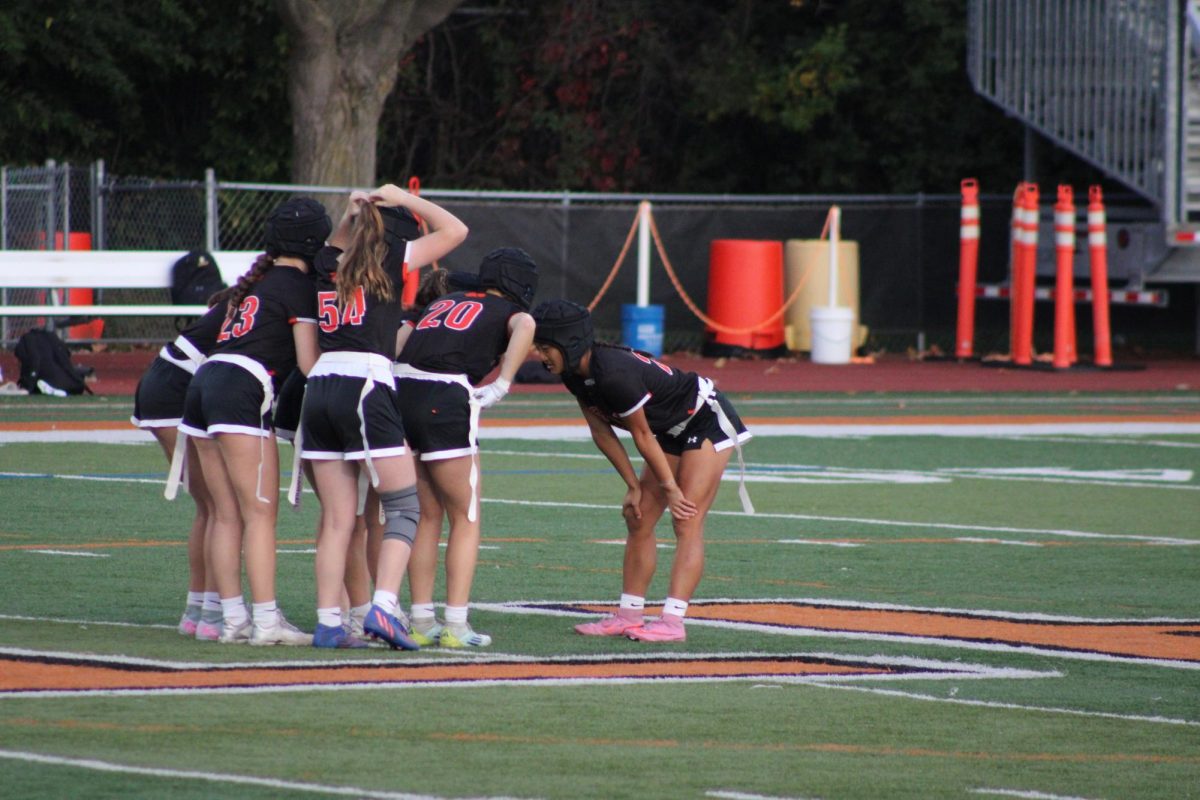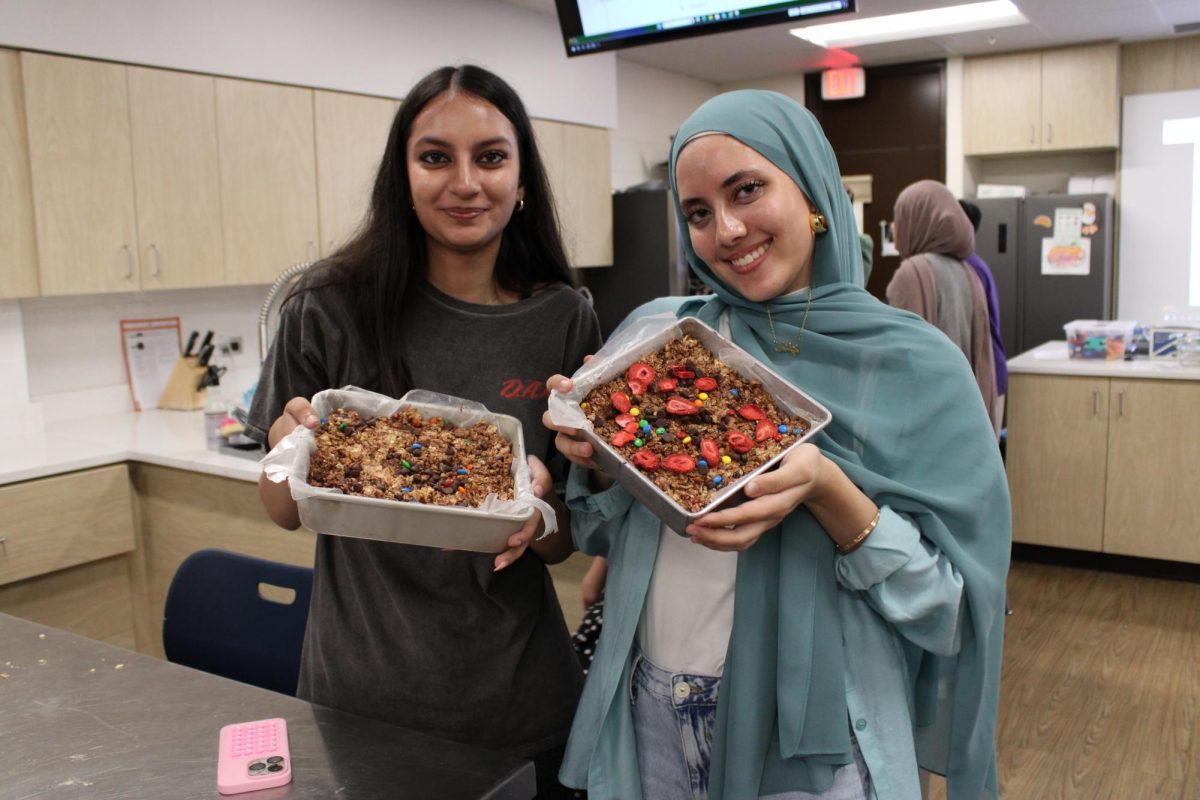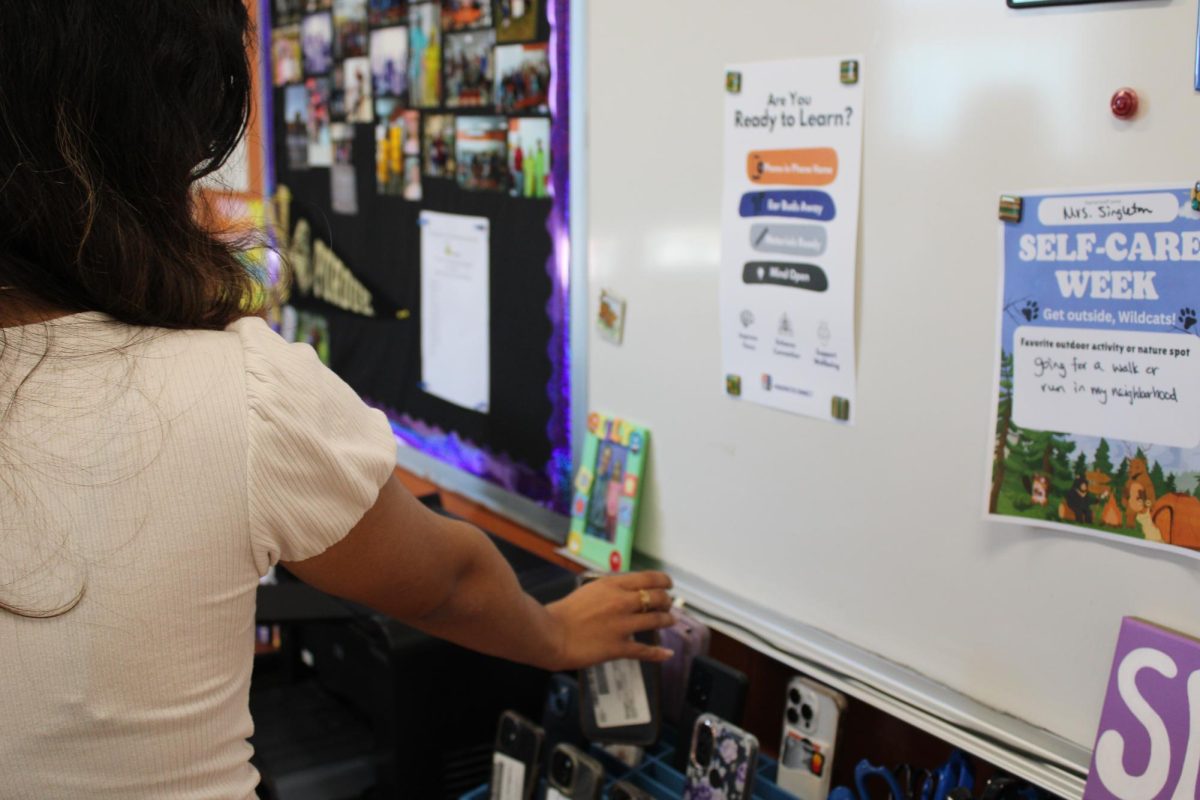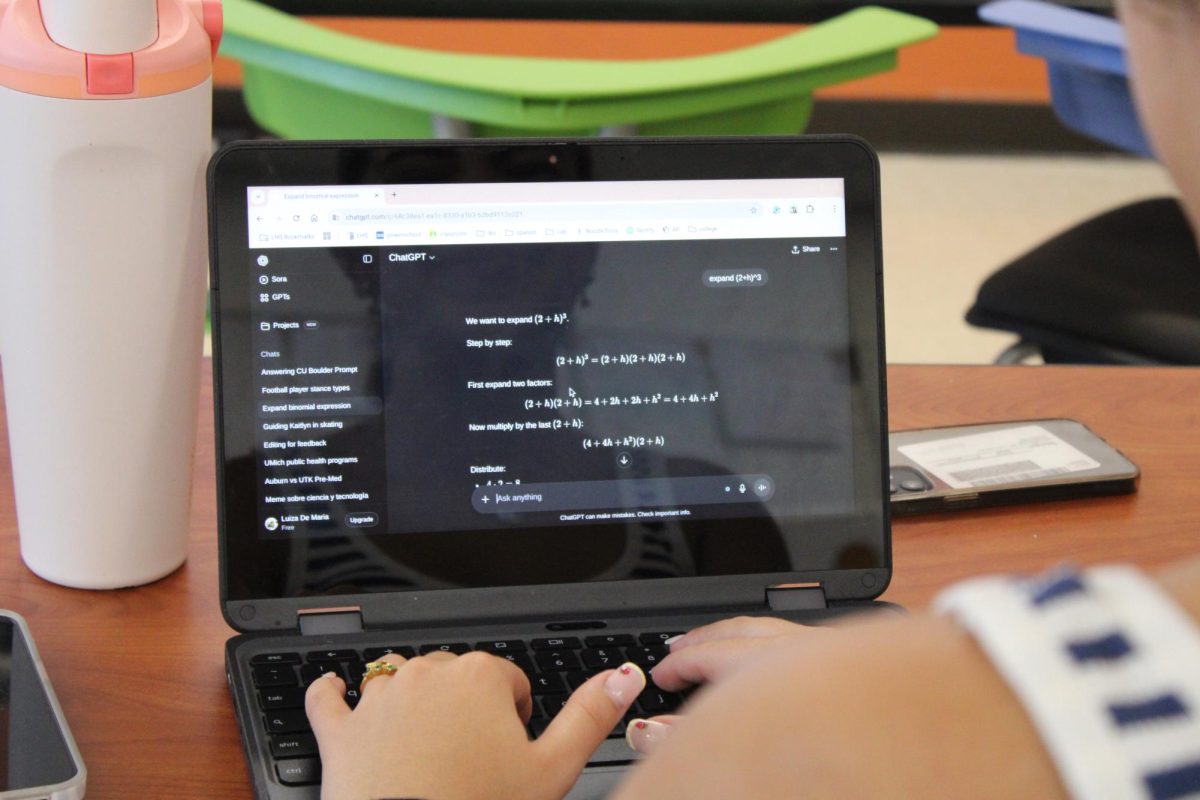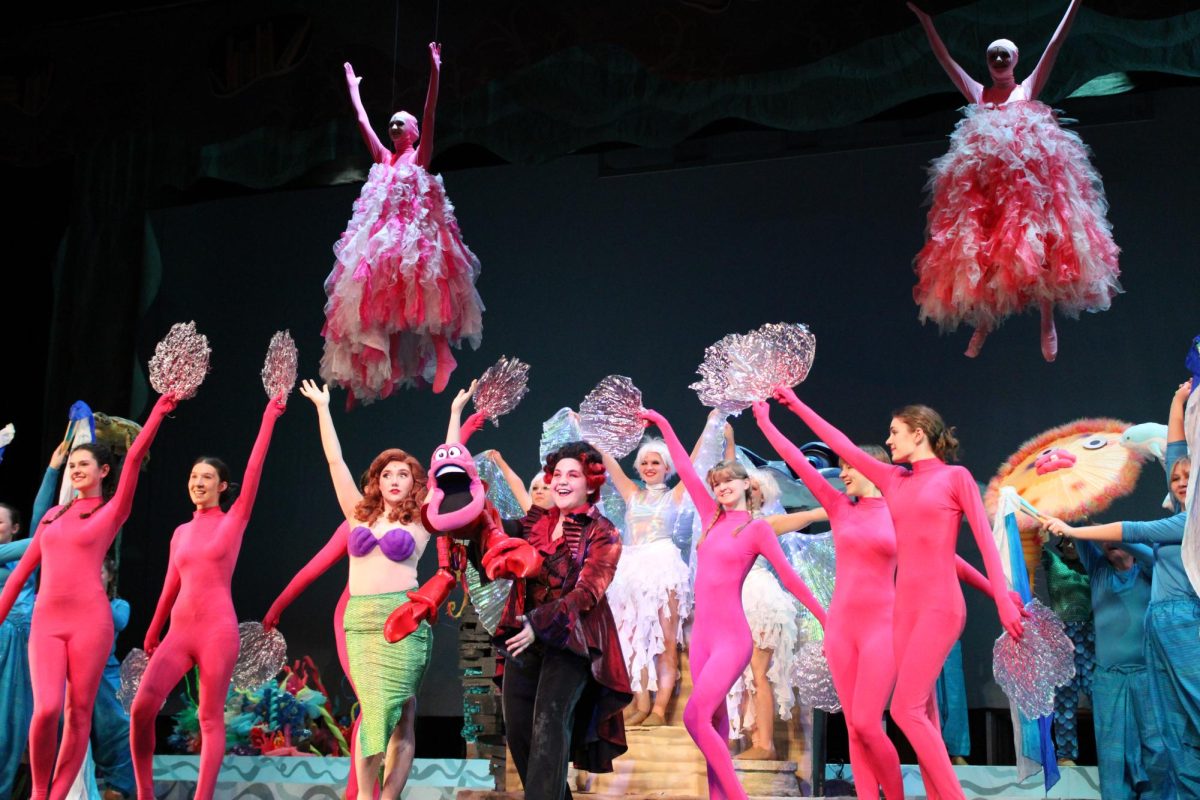In 2025, around 25,000 malignant brain and spinal cord tumors will be diagnosed in adults and children, the American Cancer Society estimates. They also estimate that about 18,000 people will die from these tumors. So, what is being done to confront this crisis?
Across the country and around the world – from the United States to Turkey – students, educators and advocates are stepping up to raise awareness and educate the public on these neurological issues. One of the fast-growing campaigns is called the Mind Matters Movement, a nonprofit organization that is dedicated to raising awareness around brain cancer and neuro-oncology. This campaign is not afraid to raise their voice and advocate for long-lasting change.
Mind Matters Movement: Mission
The Mind Matters Movement was founded with the goal of raising awareness about brain cancer and brain health by educating the public, funding research and supporting patients. By educating the public on these issues related to neuro-oncology, more people can have access to important information, from understanding the underlying causes, detecting cancer, lifestyle and nutrition and other research, shown through their resources page.
In November of 2024, senior Tanisha Desai found out about the Mind Matters Movement through her friend, who had moved away after 8th grade, and after applying, she soon became the regional advocacy lead of Illinois.
Desai has had a passion for politics and policy, as well as science and biology, so after hearing about this opportunity, she decided to create the Illinois chapter to make a positive impact on her community.
“It’s a great way to help your community,” Desai said. “Also, I think neuro-oncology is very niche, and it could benefit from more awareness and also just general research funding so we can increase treatment research and help people who need it and [to get] medications.”
One of the Illinois chapters’ first projects was partnering with Panda Express through a fundraiser, where 20% of the proceeds are donated to St. Jude’s.
“We’ve done a lot of work to promote it,” Desaid said. “[For the Illinois] chapter, we took turns, and we distributed flyers around Libertyville and people’s houses. We put it on bulletin boards, and we’re putting it on social media. So that’s our first event as a chapter together.”
As the Illinois chapter goes on, Desai hopes to create their own fundraiser instead of combining with other businesses, as well as educating the public through lessons to reach a greater audience.
The Educators’ Role in Creating Awareness
While students are one of the biggest leaders in advocacy around brain health and brain cancer, educators can play an essential role in creating awareness.
Ms. Kara Gierman, an AP Psychology teacher, says that the brain is one of the most complicated things that humans know of.
“In psychology, we talk about the smallest fraction of [brain health],” Ms. Gierman said. “But even neuroscience understanding is growing every day, and so I think there’s so many questions, and not every question has an answer… We’re learning more and more every day about Alzheimer’s and about dementia and about all of these rare tumors and how to treat them, but our fascination is sometimes quicker than the answers that come with it.”
Just like many other aspects of health, brain health is something that we do not have much control over. There are different biological things that we cannot control, just like societal factors, for example, if someone is struggling with their mental health.
“But I think sometimes knowing that there’s a neurotransmitter connected [in our brain] and that neurotransmitter is low or it’s high, or whatever it may be, can provide, like, some calmness,” Ms. Gierman said. “It can provide an answer [and that] there is treatment, and I think that that’s really important for humans to know that just like we treat physical health, right, like anything going on in our body, we should be giving that much credit to brain health as well.”
The Realities Surrounding Brain Cancer
The urgency behind the Mind Matters Movement mission is clear: an increasing number of children under the age of 19 are being diagnosed with brain tumors and passing away, according to the Pediatric Brain Tumor Foundation. Since 2010, the number of kids in the United States living with the effects of brain cancer has increased by 45%.
Therefore, it has become increasingly more important for not just adults to take action by increasing funding, research and awareness, but for teens to take note of the growing crisis surrounding brain health and to take action, such as the Mind Matters Movement.
The Importance of Sparking a Conversation
Ms. Gierman remembers that the topic of brain health was not really embedded into culture and discussed. She believes that if the topic is spoken more of, then people can be close to more answers, more people can get help and there will be less of a stigma surrounding the topic of brain health and brain cancer.
Desai and the other members of the Mind Matters Movement in the Illinois chapter are hoping that this nonprofit organization can help people – adults, teens and community members – lessen the stigma and become more aware of the importance surrounding the issue of brain health. Even a small contribution can make a big difference.
“Even just a simple donation can do a lot,” Desai said. “And you don’t even have to donate. You could just contact your representatives and your senators, or even local leaders… No matter where you’re at, you can always do something to make a difference… just chase what you’re after.”



